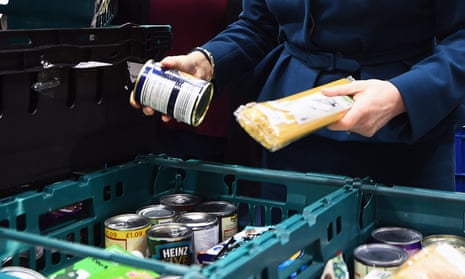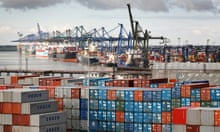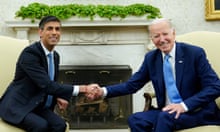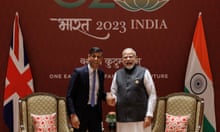Brexit added almost £6bn to UK food bills in the two years to the end of 2021, affecting poorest households the most, research has found.
The cost of food imported from the EU shot up because of extra red tape, adding £210 to the average household food bills over 2020 and 2021, London School of Economics (LSE) researchers discovered.
As low-income families spend a greater share of their income on food, the impact of Brexit on their purchases was disproportionately greater, they said.
The research comes the day after data from the British Retail Consortium trade body showed UK food price inflation hit a record high of 12.4% in November as the price of basics such as eggs, dairy products and coffee rose.
Researchers at the Centre for Economic Performance (CEP) at the LSE studied micro data-tracking trade flows and consumer prices for food products in the UK to identify the transfer of the cost of Brexit red tape to householders.
“We find that leaving the European Union increased the price of food products by 3% a year, leading to a 6% increase over a two-year period,” they say in their report, named Non-tariff barriers and consumer prices: evidence from Brexit.
Its calculations translated to a £5.84bn cost to the food market alone, equating to £210 per household.
CEP found the Brexit-induced price rise led to an overall cost of living increase for the poorest households of 1.1% – 52% more than the 0.7% rise felt in the top 10% of households in Britain.
In 2015, the year before the referendum, 77% of food imports were from the EU.
After the December 2019 election, researchers found an immediate rise in food prices from the EU as businesses reliant on products and ingredients “immediately began to pass on to consumers” the cost of customs administration staff and other Brexit staff, the report says.
Regulatory costs varied according to product, with fresh red meat products identified as having a high “non-tariff barrier” (NTB) cost because of the paperwork required but vegetables such as onions, carrots and broccoli having close to zero NTB cost.
Researchers found price rises on products with high NTBs with little significant cost for products in the low or zero NTB categories.
CEP said the EU single market was a “deep” trading bloc that eliminated tariffs, but also regulatory differences on food standards allowing frictionless trade between member states including the UK before Brexit.
Lord Frost’s Brexit trade deal signed at the end of the transition period in December 2020 ensures trade is tariff-free with the EU but created trade barriers in the form of customs, rules of original paperwork and regulatory standards checks for agri-food products.
“In leaving the EU, the UK swapped a deep trade relationship with few impediments to trade for one where a wide range of checks, forms and steps are required before goods can cross the border. Firms faced higher costs and passed most of these on to consumers,” said Richard Davies, a professor at Bristol University and co-author of the report.
He said the rise in non-tariff barriers (NTBs) for trade with the EU had contributed to the 11% inflation the UK is experiencing, the highest in 40 years.
One benefit of Brexit was that domestic food producers now faced less competition from European imports, the report noted.
But it added: “The gains to domestic firms are outstripped by the loss to domestic consumers by more than £1bn. Additionally, unlike regular tariffs, NTBs do not generate any revenue for the government.”
Nikhil Datta, assistant professor of economics at Warwick University and a co-author of the study, said: “The policy implications are stark: non-tariff barriers are an important impediment to trade that should be a first-order concern, at least on a par with tariffs, for policymakers interested in low consumer prices.”









